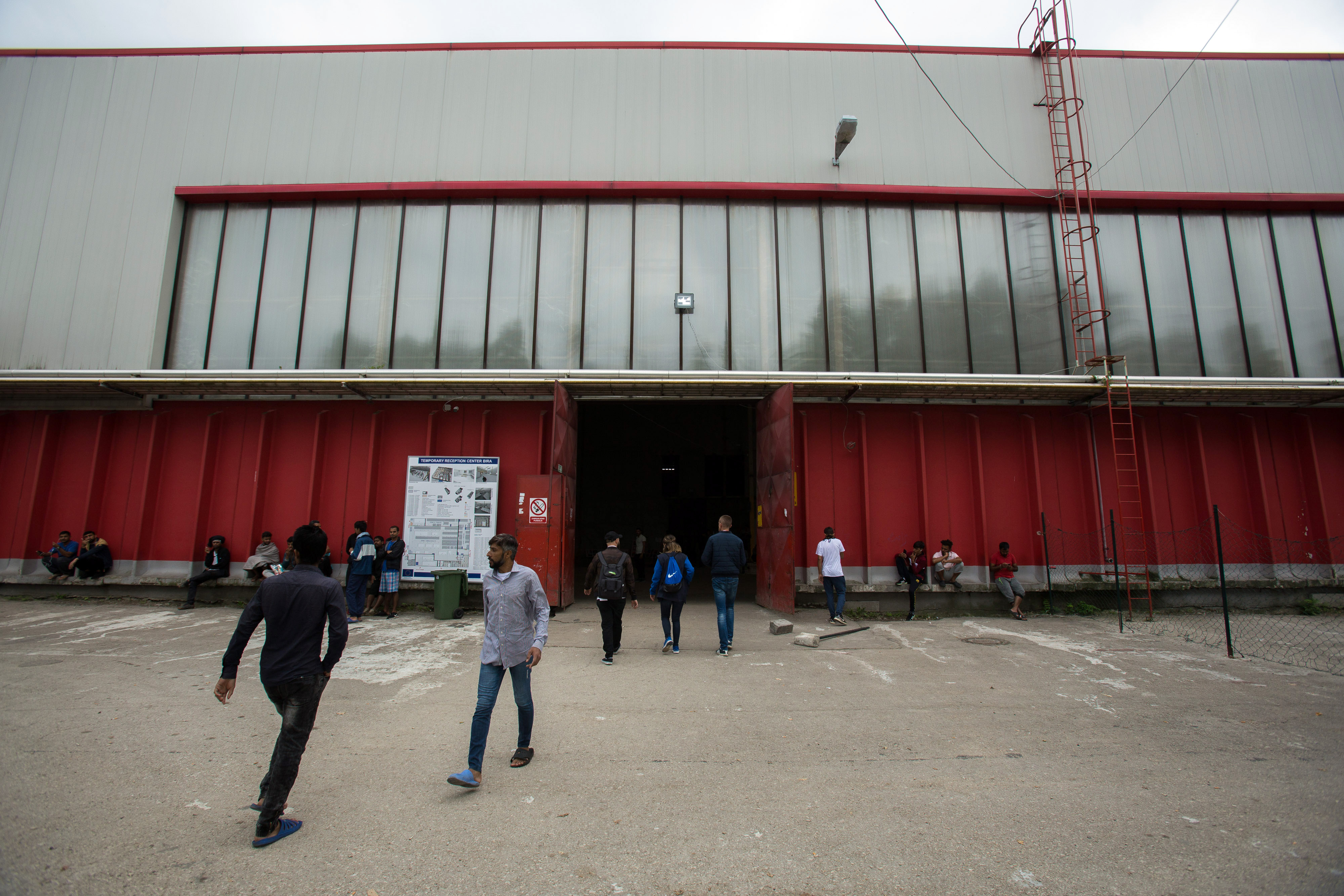The UK's "Migration Deal" with Rwanda Enters into Force
According to an announcement by the UK authorities, the first group of detained irregular migrants, mainly from the Middle East and Central Asia, is to be transferred to Rwanda on 14 June under a controversial agreement between the two countries. Some of the detainees have started a hunger strike. The agreement shifts the UK’s responsibility for the migrants to a third country in exchange for short-term benefits, while merely simulating systemic solutions.
 Filip Kos/PIXSELL/Forum
Filip Kos/PIXSELL/Forum
What is the contract?
The five-year deal arranged by British Home Secretary Priti Patel is based on the transfer of asylum-seeking migrants who entered the UK irregularly to Rwanda where further procedures are to be held. Rwanda is to provide some of them with the possibility of re-settlement and access to state services, such as education. However, that state will not accept people with a criminal record or conduct family reunifications. In return, the British side is to provide Rwanda with £120 million in development funds and cover the costs of transport and temporary accommodation of the transferred individuals. In practice, the undisguised purpose of these measures is to expel illegal immigrants from the UK and make it more difficult for them to return.
Why Rwanda?
This state has accepted the role of executor of controversial policies for other states on several occasions in exchange for short-term benefits. For example, in 2014-2017, Rwanda accepted, based on a classified bilateral agreement, African migrants from Israel who were forced to declare their desire for “voluntary return”. Although the deported migrants were supposed to obtain good living conditions in Rwanda, no accommodations were ready for them, and the Rwandan services escorted them to the border with Uganda and pushed them across. From there, they were led towards war-torn South Sudan, Sudan, and Libya. Many later reached Europe, including the UK. The Israeli-Rwandan agreement collapsed as the accounts of its victims were leaked to the public.
Does Rwanda want to accept migrants?
The country’s failure to prepare adequate reception facilities and previous experience with such transfers makes it likely that the migrants will not remain in the state. Keeping to the terms of the agreement would go against Rwanda’s current migration policy, which is based on attracting qualified workers. The presence of, for example, Afghans, Iraqis, or Albanians, who do not want to be associated with Rwanda, will be a burden on the country. Its authorities are just counting on the short-term benefits of each deal: the agreement with Israel included access to the Pegasus surveillance system; in the case of the Rwandan intervention in Mozambique, it served to, among others, secure the interests of the French energy giant Total in exchange for contracts for companies tied to the president. The likely reason for Rwanda’s declared consent with the UK could be the deal’s implicitly agreed benefits, for example, armaments.
Is the scheme likely to function?
The logic of Rwanda’s participation in the agreement is based on maintaining the fiction of creating opportunities for migrants, but this collides with the reality of actual imprisonment or forcing them over borders. As such, the deal will not constitute a model that has wider application without a radical restructuring of European-African relations, although other countries, for example, Denmark, are interested in this. Notwithstanding the expected legal battles in Britain to delay implementation of the deal or transfers, the Rwandan authorities will be under increasing


